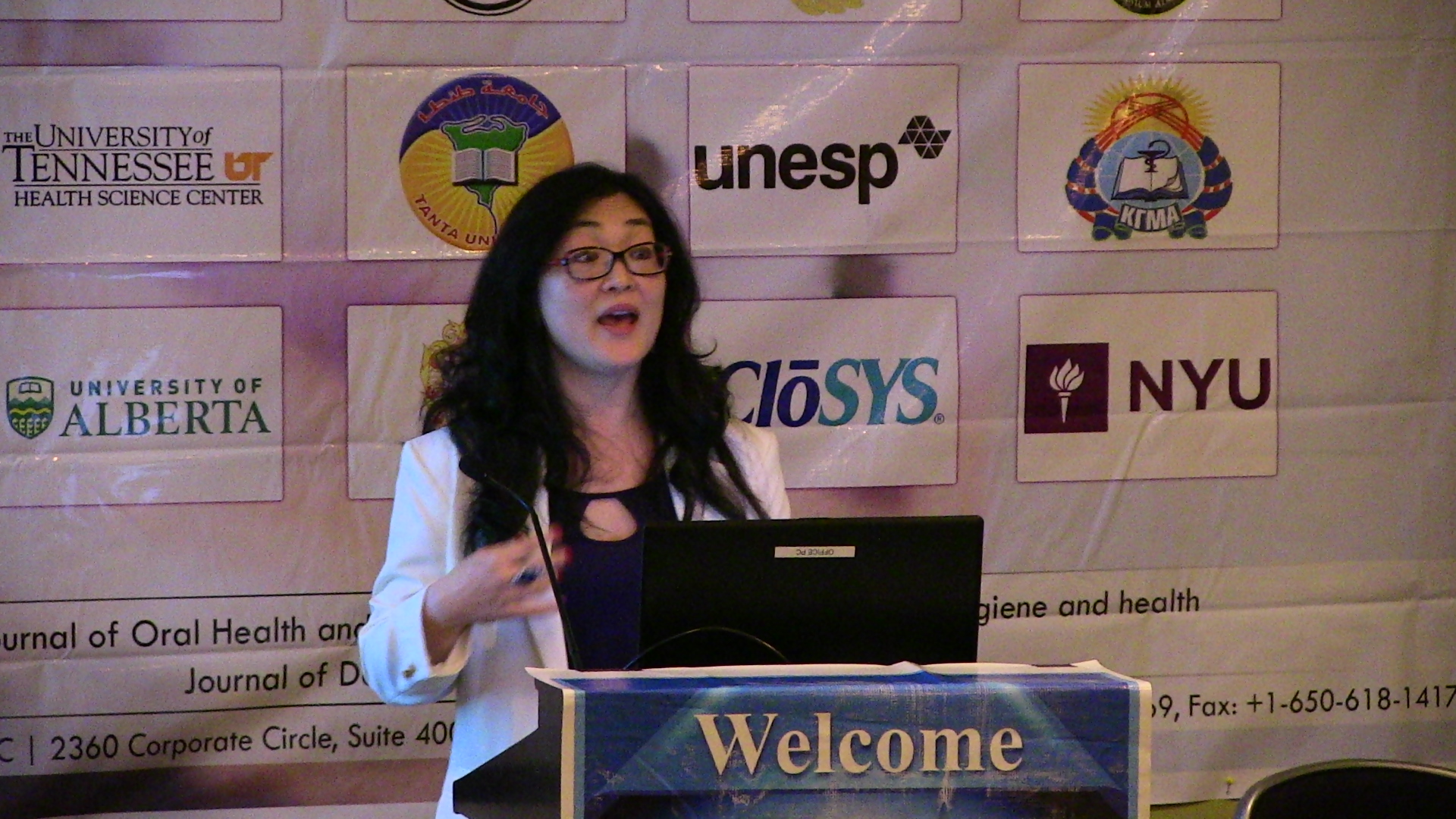
Doris Hissako Sumida
Sao Paulo State University, Brazil
Title: Maternal periodontal disease in rats impairs insulin signaling and decreases GLUT4 expression in adult offspring
Biography
Biography: Doris Hissako Sumida
Abstract
The fetal programming hypothesis suggests that intrauterine stimuli or aggression can induce metabolic and physiology changes in offspring, increasing the diseases risk in adulthood. Cytokines such as TNF-a have been associated with reduced GLUT4 expression. This study aimed to evaluate GLUT4 content, mRNA expression of the GLUT4 and IRS-1, Akt serine phosphorylation status in the gastrocnemius skeletal muscle (GSM), glycemia, insulinemia, TNF-α levels and change in body weight in offspring of rats with periodontal disease. Female Wistar rats were distributed into a control group (CN) and an experimental periodontal disease group (PD), in which a ligature was placed around the mandibular first molars. Seven days after ligature placement, both groups were mated with normal male rats. The ligatures remained throughout pregnancy until weaning, after which the male offspring were distributed into groups: CN-o, control rat offspring; and PD-o, periodontal disease rat offspring. The body weight from 0 to 75 days of age was measured. At 75 days, the glycemia, insulinemia, TNF-α levels, Akt serine phosphorylation, mRNA expression of the GLUT4 and IRS-1, and GLUT4 content in the GSM were measured in the offspring. Maternal periodontal disease causes low birth weight, insulin resistance, reduction in the Akt serine phosphorylation status, and decrease in mRNA expression of the GLUT4 and increase in mRNA expression of IRS1 in GSM of adult offspring. These metabolic alterations observed in later life can be attributed to the effect of ‘‘programming’’ and reinforce the importance of preventing maternal periodontal disease, aiming to prevent insulin resistance in the adulthood of offspring.

